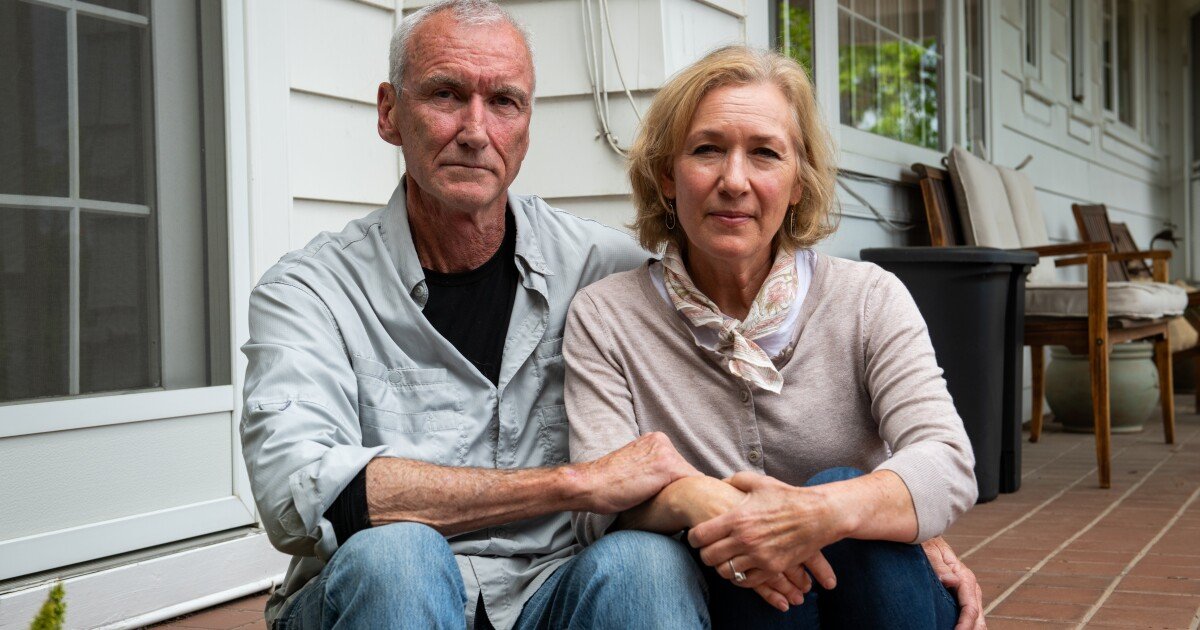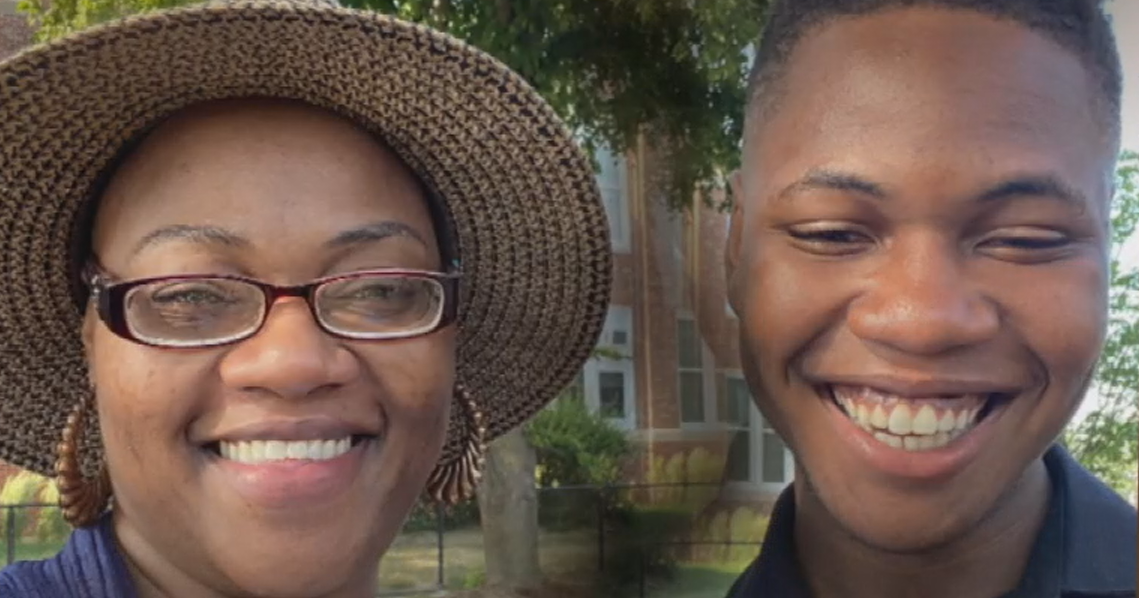A new California law, Senate Bill 43, aims to broaden the criteria for involuntary psychiatric holds, offering new possibilities for families facing mental health crises. This legislation allows individuals with severe substance use disorders to be placed under involuntary holds, a shift from previous regulations that required patients to pose an immediate danger to themselves or others.
Julia Holladay, whose daughter has struggled with bipolar disorder and substance use for over 20 years, expressed initial optimism about the law. “I was so excited; I thought, ‘this could actually be it,'” she said. However, when she discussed the law with her daughter’s care team during a recent hospitalization, they did not take immediate action, adopting a cautious approach instead.
The law went into effect in January 2025, and San Diego County’s behavioral health department reported that they trained staff and emergency responders on its implementation. Luke Bergmann, the outgoing behavioral health director, acknowledged that while the rollout has been smooth, the anticipated surge in involuntary holds has not materialized. “We haven’t seen huge numbers of people detained and transported for care under the terms SB 43 establishes,” he noted.
Despite the changes, families like the Holladays still face challenges. Their daughter, now 36, has frequently left treatment facilities against medical advice. Julia noted that as her daughter matured, the ability to intervene effectively diminished. “You turn 18, things change fast. You don’t even realize the significance of that until you’re faced with trying to get information and support,” she explained.
At Sharp Grossmont Behavioral Health, lead social worker Candy Elson assists families in similar situations. She pointed out that even with the new law, securing an involuntary hold remains challenging. “It’s very difficult to help them stay in the hospital for a long period of treatment if they don’t want to be there,” she stated. Elson emphasized that while the law aims to facilitate treatment, it is not a comprehensive solution for families in distress.
“If your family member still says, ‘I’m not going to get treatment,’ nothing’s going to happen,” she explained, underscoring that court intervention is often necessary for involuntary treatment.
As the Holladays continue to seek help for their daughter, they remain hopeful that the legal changes could lead to better outcomes in the future. Kirk Holladay expressed his wish that families in similar situations do not lose faith in their loved ones. “I just hope people who have family members, friends, or other people in their lives who suffer from mental illness don’t abandon those people,” he said.
As the county prepares to release data on the number of individuals detained under the new law, families like the Holladays await tangible results that could signify a shift in how mental health crises are managed in California.



